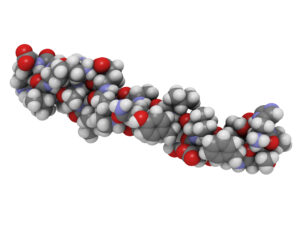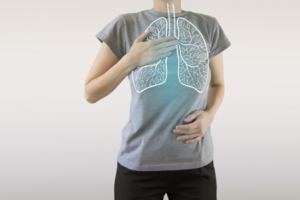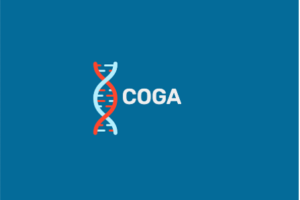On this page you will find a collection of active addiction-related projects ongoing across Rutgers. Learn about on-going research projects and datasets available for analysis. Contact information for each project listed below is provided.
If you are interested in hosting your project on this page, please email rarc@bhi.rutgers.edu with your project details.
-

Smartphone sensors to detect shifts toward healthy behavior during alcohol treatment
To inquire about this project, please email Dr. Tammy Chung, tammy.chung@rutgers.edu
-

Smartphone app to examine effects of cannabis use on driving behavior
To inquire about this project, please email Dr. Tammy Chung, tammy.chung@rutgers.edu
-

Identifying transdiagnostic versus specific genetic, environmental, and neural risk factors for addictive disorders
To inquire about this project, please email Dr. Sarah Brislin, sarah.brislin@rutgers.edu, Dr. David Zald, david.zald@rutgers.edu, and Dr. Lia Nower, lnower@rutgers.edu
-

Smoking-related differences in learning and cardiovascular activity among adults who do and do not smoke cigarettes
To inquire about this project, please email Hannah Brinkman, hannah.brinkman@rutgers.edu
-

DNA Discovery: Learn About Your Risk for Addiction
To inquire about this project, visit addiction.rutgers.edu/addictionrisk
-

Determining the neurobiological predictors of Multisystemic Therapy outcomes in justice-involved youth
To inquire about this project, please email Dr. Sarah Brislin, sarah.brislin@rutgers.edu
-

A Puff Topography Biofeedback Paradigm to Reduce Stress-Precipitated Smoking Reinforcement
To inquire about this project, please email Dr. Teresa Leyro, teresa.leyro@rutgers.edu and Dr. Samantha Farris, samantha.farris@rutgers.edu.
-

A genetically informative approach to understanding the impact of spousal psychiatric disorders on alcohol use disorder onset, remission, and relapse
To inquire about this project, email Dr. Jessica Salvatore, jessica.salvatore@rutgers.edu.
-

Addiction & Decision Neuroscience Lab Projects
To inquire about these projects, please visit https://www.konovalab.com/home or contact Dr. Anna Konova, anna.konova@rutgers.edu.
-

Addressing the Central Control of Glucagon like peptide-1 (GLP-1) on Feeding Behavior
To inquire about this project please email Zhiping Pang, pangzh@rwjms.rutgers.edu.
-

Afferent Neurocardiac Signals, Cue Reactivity, and Cognitive Control
To inquire about participating, email Dr. Brandon Alderman, alderman@rutgers.edu .
-

Collaborative Studies on the Genetics of Alcoholism (COGA)
To inquire about data access, email Dr. Danielle Dick (Danielle.m.dick@rutgers.edu) and Dr. Jessica Salvatore, jessica.salvatore@rutgers.edu.

